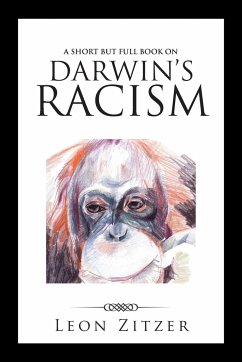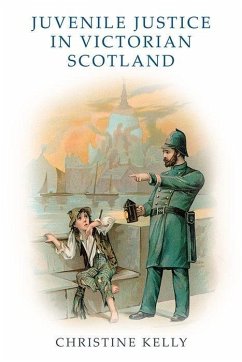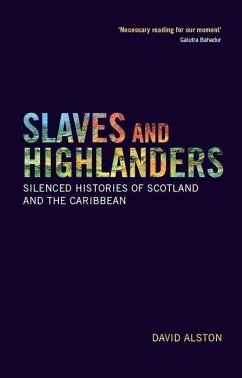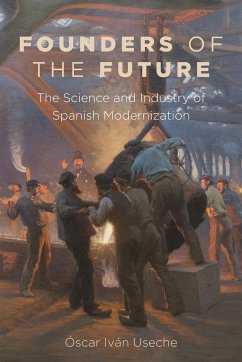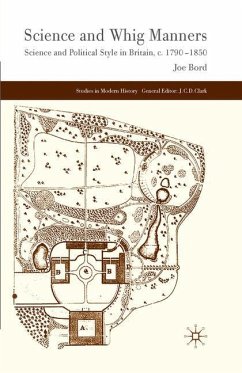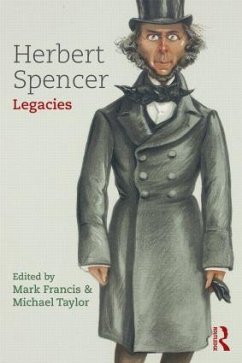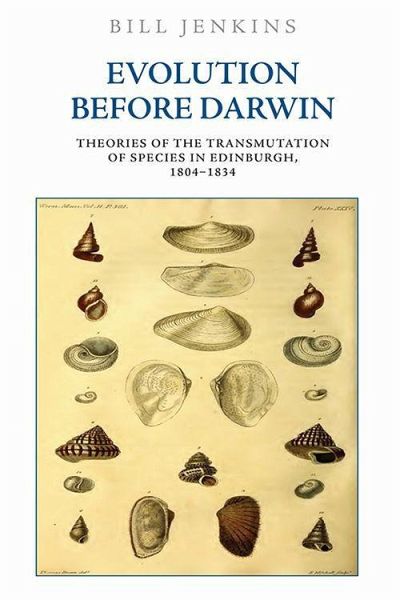
Evolution Before Darwin
Theories of the Transmutation of Species in Edinburgh, 1804-1834
Versandkostenfrei!
Versandfertig in über 4 Wochen
122,99 €
inkl. MwSt.
Weitere Ausgaben:

PAYBACK Punkte
61 °P sammeln!
Puts Edinburgh at the centre of pre-Darwinian evolutionary thought in the British Isles This book challenges the long-held perception that theories of evolution initially received a cold reception in British natural history circles. It shows that, in the late 1820s and 1830s, Edinburgh was witness to a veritable ferment of radical new ideas on the natural world - including speculation on the origin and evolution of life - at just the time when the young Charles Darwin was a student in the city. Highlighting the work of key evolutionary thinkers of the time, including Henry H. Cheek, Robert Gra...
Puts Edinburgh at the centre of pre-Darwinian evolutionary thought in the British Isles This book challenges the long-held perception that theories of evolution initially received a cold reception in British natural history circles. It shows that, in the late 1820s and 1830s, Edinburgh was witness to a veritable ferment of radical new ideas on the natural world - including speculation on the origin and evolution of life - at just the time when the young Charles Darwin was a student in the city. Highlighting the work of key evolutionary thinkers of the time, including Henry H. Cheek, Robert Grant, Robert Knox and Robert Jameson, author Bill Jenkins reveals the largely neglected role that Edinburgh and its medical school played in the history of evolutionary thought. Bill Jenkins is a postdoctoral research fellow in the School of History at the University of St Andrews




